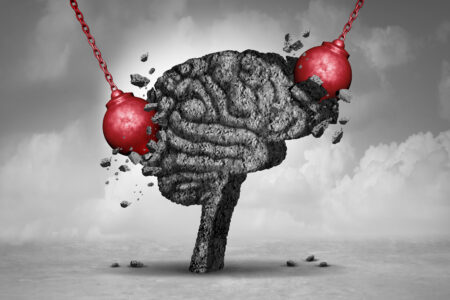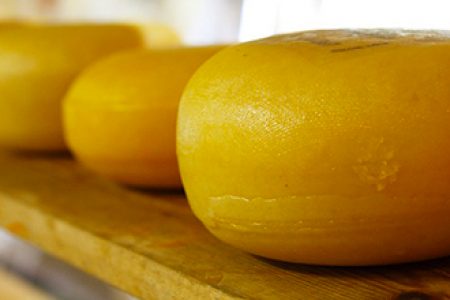A matter of taste
Why can’t we rely on our taste buds? Why has our food become saltier, sweeter and fatter? And why is it a bad idea to have lunch behind our computer?
There is no accounting for taste, the saying goes. As we will see this also holds true for taste perception. Although it is based on electrical stimulation of the taste buds, taste perception is highly suggestible. It is the complex integration of all the senses through which food is identified, and how exactly this is done all depends on what we pay attention to. For example, blue and green room lights make wine appear spicier, and people think yellow Coke tastes like Fanta and brown Fanta tastes like Coke. People also taste their meals less well with loud noise in the background. Of course, restaurant owners have known this all along, which is why you hardly ever hear music in a high-end eatery.
This second example forms a nice illustration of how our attention works: fill it with one thing, and something else goes out of the window. This is what we also observed when we subjected people to a taste test here in Leiden. While people were tasting various substances, we assigned them easy or more complex tasks such as memorizing series of digits. We found that the more difficult the task, the weaker people’s taste experiences, no matter whether they tasted a sour drink, sweet lemonade, or salty-buttered cracker. What was even more surprising is that as the task became more difficult, people added more syrup to their lemonade, and ate more of the salty-buttered cracker (but not of an unsalted cracker). It thus seemed as if they tried to compensate for the weaker tastes by increasing their intake of a certain flavor.
For early humans, the primary tastes provided clues about what food was good to eat and what was dangerous. Sweet foods contained much-needed calories. Salty foods had important minerals. Both flavors therefore trigger a strong pleasure response in our brains, similar to drugs and sex. In our modern society there is no longer a shortage of calories or minerals but our preferences have remained. This may explain why our foods and drinks have become considerably sweeter and saltier during the past decades. As we are devoting less and less attention to our meals, we crave stronger and stronger flavors in order to satisfy the pleasure centers in our brains!
Want to know more? Then watch our pitch for the Bessensap movie contest (in Dutch - the competition is closed now):





